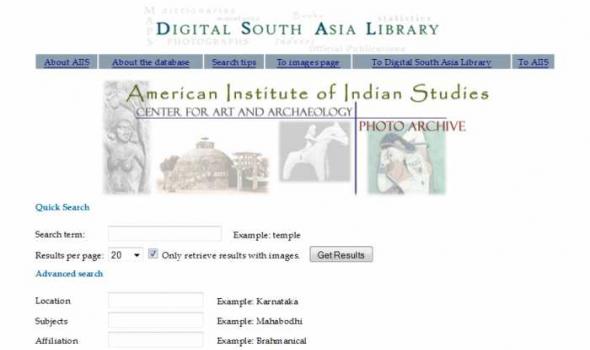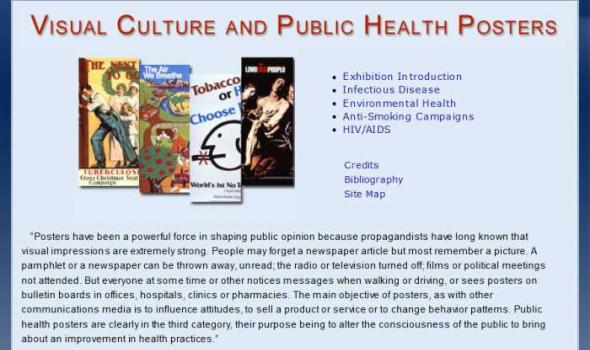Category: Sculpture & Plastic Arts, United States
Results
The Johnson Museum has one of the finest collections of art in New York State and is recognized as one of the most important university museums in the country. Spanning the history of art, the Museum's collections are especially strong in Asian art, nineteenth- and twentieth-century American art, and the graphic arts.
A project of the Anne S. K. Brown Military Collection Box A Brown University Library Providence, RI 02912 Tel.: (401) 863-2414 ASKB@Brown.edu Developed & hosted by Center for Digital Initiatives Box A Brown University Library Providence, RI 02912 cdi@brown.edu The Collection The Napoleonic satires housed in the Anne S. K. Brown Military collection of the John Hay Library represent several important gifts made to the library in the 20th century. In addition to the Napoleonic satires located in the military collection bequeathed by Ms. Brown, Paul Revere Bullard (Class of 1897) and William H. Hoffman contributed a variety of significant objects with a Napoleonic theme.
Center for Digital Scholarship Box A, Brown University Providence, RI 02912 The Museum Objects of the McLellan Lincoln Collection View into McLellan Lincoln rooms, John Hay Library. A lock of Lincoln’s hair. A hammer owned by John Wilkes Booth. A ruler used by Lincoln in the White House. A cane made from walnut rail split by Lincoln. A block of wood from the house where Thomas Lincoln married his second wife, Sally Johnston. A piece of wallpaper taken from Lincoln’s box at Ford’s Theater. These numinous objects are just a few of the many strange yet fascinating pieces which have found their way into Brown’s McLellan Lincoln Collection. In 1923, John D. Rockefeller Jr. purchased the Charles W.
Purchasing Print Issues Past issues can be purchased for $12 apiece from the Museum Store at the University of Michigan Museum of Art by contacting Store Manager Suzanne Witthoff at witthoff@umich.edu or 734.763.9051. About Bulletin The Bulletin of the University of Michigan Museums of Art and Archaeology was a joint publication of the University of Michigan Museum of Art , the Kelsey Museum of Archaeology , and the Department of the History of Art . This journal features scholarly articles related to subjects of interest to both museums, particularly their collections, exhibitions, and fieldwork programs.
About AIIS American knowledge of India is shaped by the American Institute of Indian Studies , a consortium of universities and colleges in the United States at which scholars actively engage in teaching and research about India. Since 1961, the Institute has provided fellowship support for scholars and PhD candidates in America. It has offered on-site training in Indian languages through the superb facilities of its Language Centers. And it has extended knowledge of Indian culture through its two Research Centers. As a member of the Council of American Overseas Research Centers (CAORC), AIIS's online photo archive is also linked as part of CAORC's Americal Overseas Digital Library (AODL). More than 5,500 scholars have received AIIS support.
America's First Illustrator: Alexander Anderson Sixteen scrapbooks, containing close to 10,000 wood-engravings by 19th-century master illustrator Alexander Anderson. Collection History Sixteen scrapbooks, containing close to 10,000 wood-engravings by 19th-century master illustrator Alexander Anderson. Background Alexander Anderson (1775-1870) is considered one of America’s earliest and finest wood-engravers. During a career spanning seventy years, he produced a large number of illustrations for books, periodicals, newspapers, and other commercial ephemera, after both his own designs and those of other artists. Related Resources Books illustrated by Anderson are available in large libraries with strong 19th-century holdings, including NYPL.
About The Collection The Speculum Romanae Magnificentiae is a collection of engravings of Rome and Roman antiquities, the core of which consists of prints published by Antonio Lafreri and gathered under a title page he printed in the mid-1570's. Copies of the Speculum vary greatly in the number of prints, and individual prints were reissued and changed over time. The University of Chicago Library's copy of the Speculum Romanae Magnificentiae contains nearly 1,000 prints and is the largest in the world. The Library's copy arrived in the 1890's as a part of the Berlin Collection, a large lot of books and manuscripts purchased for the Library from S. Calvary and Co. in Berlin.
Scope Daguerreotypes at Harvard provides access to over 3,500 daguerreotypes in libraries, museums, and archives across the University. The collection continues to grow as images are uncovered and new daguerreotypes are accessioned. The first publicly announced photographic medium, the daguerreotype process produced an image exquisite in its detail and tonal fidelity, and daguerreotypes remained popular throughout the 1840s and 50s. Together, Harvard holdings represent a collection of international significance and illustrate early uses of photography as a tool for artistic expression and scientific research in mid-19th-century America.
The Greene & Greene Virtual Archives (GGVA) contains images of drawings, sketches, photographs, correspondence, and other historical documents related to the work of the architects Greene & Greene, the southern California design firm (active 1894-1922) that is often associated with the finest architecture and craftsmanship of the American Arts and Crafts Movement. Recent photographic documentation of the firm’s furniture and other decorative arts is presented as part of the GGVA.






















